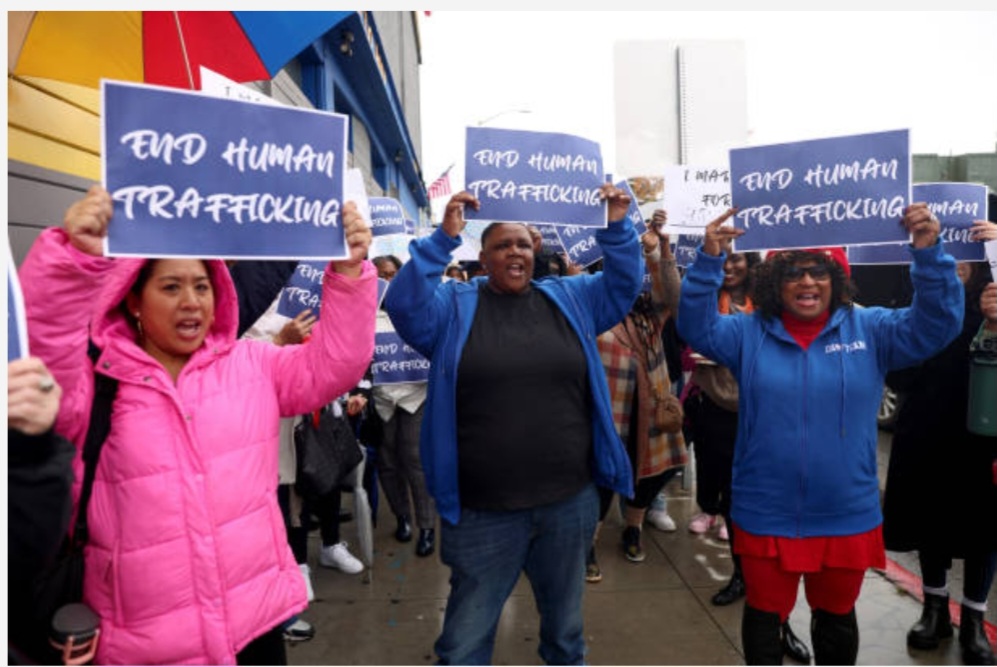By: Elizabeth A. Kaine
Hey, sis! I’ve been thinking a lot about some serious issues affecting our community, and one that really stands out is human trafficking, especially how it impacts women and children in Sierra Leone. It’s such a heartbreaking topic, but we need to talk about it. Many people are unaware of the extent of this problem, and I feel it’s so important to shine a light on it.
You know, the statistics are alarming. Many young girls are lured with false promises of jobs, education, or a better life, only to find themselves trapped in exploitation. It’s a horrific betrayal of trust that can change the course of their lives forever. The trauma they endure can last a lifetime, affecting their mental and physical health. It’s heartbreaking to think that these dreams can turn into nightmares so quickly.
It’s not just about the immediate impact, either. Many of these women and girls face stigma when they try to reintegrate into society. The shame and isolation can be overwhelming, making it difficult for them to find support and understanding from their families and communities. It’s crucial that we create an environment where they feel safe and accepted, rather than judged.
We really need to focus on prevention and support. The government should take a proactive role by creating a comprehensive legal framework specifically targeting human trafficking. This means implementing harsh penalties for traffickers while also ensuring protective measures for victims. It’s essential to show that society will not tolerate this kind of exploitation.
Moreover, there should be specialized units within law enforcement dedicated to investigating trafficking cases. These officers need to be trained to recognize the signs and understand the complex dynamics of trafficking. It’s not always straightforward, and having well-informed personnel can make a significant difference in rescuing victims and prosecuting offenders.
Technology can also play a vital role in addressing this issue. The government should consider creating a national database to track trafficking incidents, connecting law enforcement, social services, and NGOs. This way, we can identify patterns and hotspots, making it easier to intervene and provide support to those in need.
Community engagement is equally important. We need to empower local organizations to educate people about the risks of trafficking and provide resources for victims. Public awareness campaigns can help change perceptions and encourage individuals to report suspicious activities. If everyone is informed, we can collectively work to protect our vulnerable populations.
In conclusion, addressing human trafficking in Sierra Leone requires a united effort. By raising awareness, advocating for stronger laws, and supporting victims, we can create a safer environment for everyone. Let’s commit to being voices for those who can’t speak for themselves and work towards a future free from exploitation. Together, we can make a difference for our sisters, daughters, and mothers.


